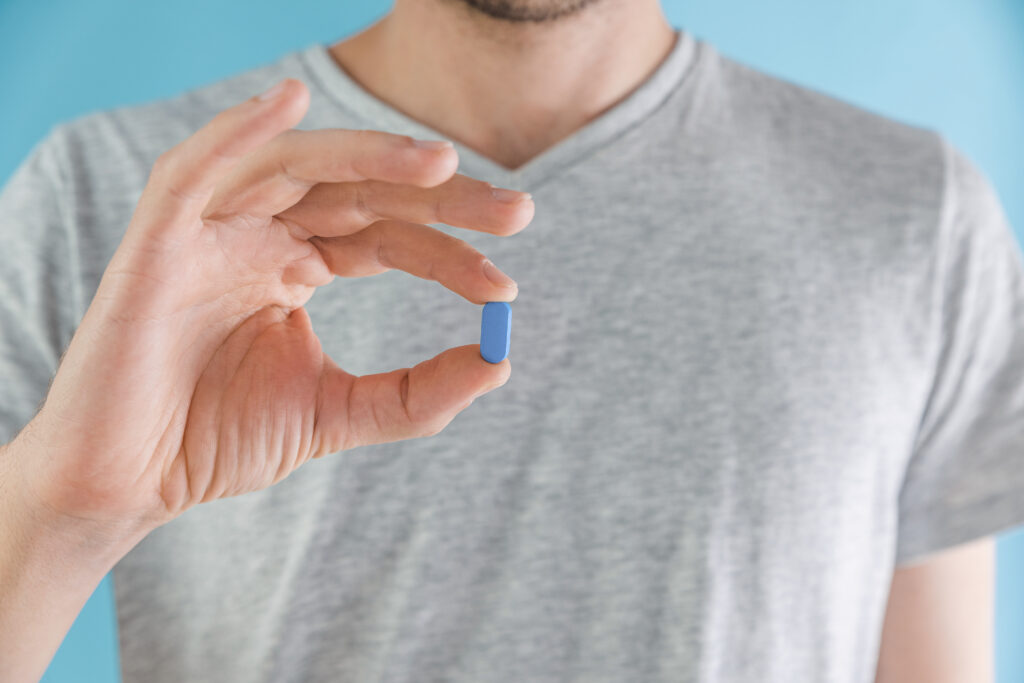OVERVIEW OF MAT
BRIEF SUMMARY OF WHAT TO EXPECT
Medication Assisted Treatment (MAT) for opioid addiction combines medications with counseling and behavioral therapies to treat substance use disorders. MAT is an evidence-based approach aimed at sustaining recovery and preventing overdose.
MAT for opioid addiction is used to treat a number of conditions such as:
MAT helps individuals with opioid use disorder manage withdrawal symptoms and reduce cravings.
Patients with chronic pain who develop dependence on opioid medications can benefit from MAT.
MAT supports individuals in recovery by preventing relapse and maintaining long-term sobriety.
Individuals with opioid addiction and co-occurring mental health conditions can be effectively treated with MAT.

WHAT TO LOOK FOR?
Determining whether you need this service can depend on several symptoms, including:
- Inability to reduce or stop opioid use despite desire to quit
- Withdrawal symptoms when not using opioids
- Cravings and compulsive use of opioids
- Negative impact on personal, social, or professional life due to opioid use
- Relapse after periods of abstinence
If you experience any of these symptoms, it’s essential to consult with a healthcare professional to evaluate your condition and discuss potential treatment options.


WHAT CAN YOU EXPECT?
MAT involves the use of FDA-approved medications such as methadone, buprenorphine, and naltrexone, combined with counseling and support services. The treatment plan is individualized, starting with a comprehensive assessment. Medications are prescribed to stabilize brain chemistry, block the euphoric effects of opioids, and relieve physiological cravings. Counseling and behavioral therapies address the psychological aspects of addiction.

RECOVERY AND RESULTS
Patients in MAT programs often experience improved retention in treatment, reduced illicit opioid use, and enhanced overall functioning. Long-term recovery is supported through ongoing medication management, therapy, and support groups. Regular follow-up and adjustment of the treatment plan ensure the best outcomes. Side effects of medications are monitored and managed by healthcare providers, contributing to the overall success of the treatment.

WHEN TO SEEK EVALUATION:
If you are experiencing any of the symptoms above that interfere with your daily activities and have not responded to conservative treatments, it may be time to seek evaluation. Persistent pain, especially when accompanied by symptoms such as numbness, tingling, or weakness, warrants a thorough assessment by a specialist. Visiting Eclipse Clinic can provide you with a comprehensive evaluation and a personalized treatment plan to address your specific needs and improve your quality of life.
—TESTIMONIAL—
—GET IN TOUCH—
Address:
1006 Legacy Ranch Road, Suite 104 Waxahachie, TX 75165
Call Us:
(469) 290-7246
Office Hours
Mon – By Appt
Tues – Fri 9 am – 5 pm
Sat/Sun – Closed
